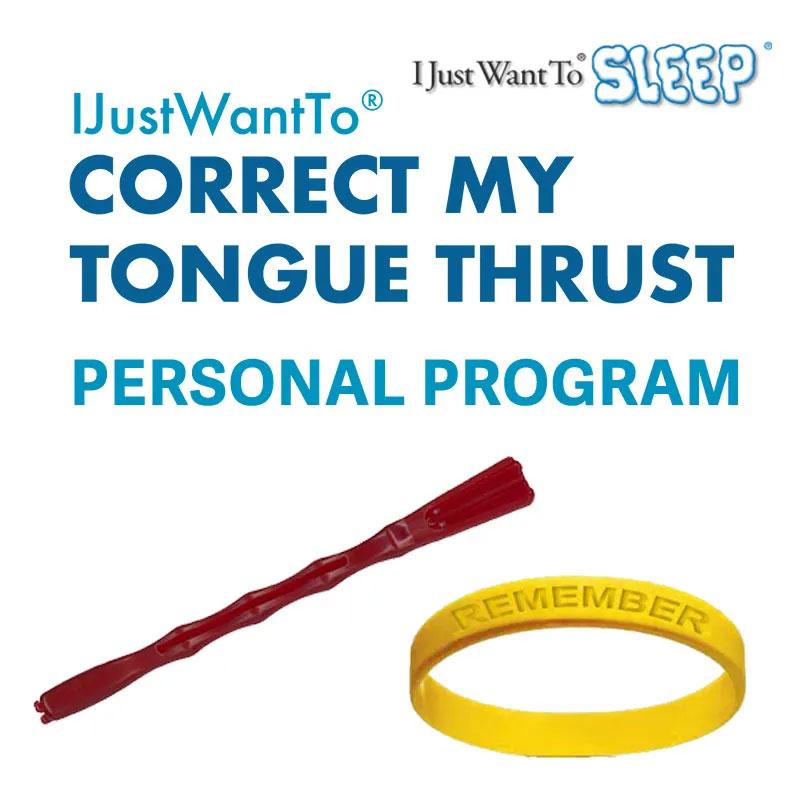Signs You May Not Be Getting Enough Sleep
Do you have problems getting out of bed in the morning? Here are some signs that you're not getting enough sleep at night.
- Excessive Yawning
- Irritability
- Lack of Motivation
- Excessive Daytime Sleepiness
- Brain Fog
- Increased Appetite
Reasons Why You May Find it Hard to Wake Up in the Morning
1. Poor Sleep Quality
A snoring partner, your own snoring, uncomfortable temperatures, or frequent midnight toilet visits can all contribute to poor sleep quality, making it difficult to wake up feeling refreshed and awake.
2. Mental Health Conditions
Anxiety, stress, and depression can cause lethargy and drowsiness, which can also contribute to morning sleepiness.
3. Going to Bed Late
If you're trying to cram 4-6 hours of sleep a night, it’s no wonder your body is telling you to stay in bed a bit longer. Getting enough sleep may require going to bed earlier in the evening.
4. Exercising Late
Working out too close to bedtime might raise your heart rate and metabolism, making you too wired to sleep properly.
5. Drinking Too Much Caffeine
Having caffeine too late in the day or the evening can disrupt your sleep quality. Even if you slept all night, your sleep cycles are disrupted when you have caffeine in your system because it causes your brain to be more active.
6. Sleep Disorders
Aside from lifestyle factors, you could be suffering from insomnia, sleep apnea, narcolepsy, restless leg syndrome, or another sleep condition.
How to Wake Up Early and Make Getting Up Easier
1. Don’t Hit the Snooze Button
The snooze button will tempt you to sleep for a few more minutes, even though the extra sleep will likely leave you feeling groggy because it isn't quality sleep.
2. Have a Beverage Routine
If possible, set your coffee machine to turn on when it's time to wake up so you can smell it. If you don't drink coffee, prepare the ingredients for your preferred beverage before bed so that everything you need to make your morning tea or smoothie is ready.
3. Do Something You Love
Make mornings easier by doing something you enjoy while getting ready, whether it's listening to your favorite podcast, watching a show you enjoy, or catching up on morning news.
4. Set a Comfortable Temperature
Invest in a programmable thermostat to help in waking up. You will be less tempted to stay in bed if you program your thermostat so that it begins to warm up or cool down depending on the weather an hour or so before you get up.
5. Develop a Bedtime Routine
Following a consistent bedtime routine can help your body in recognizing when it is time to sleep. To unwind and prepare your body for sleep, take a hot shower, read your favorite book, or write about your day.
Correct My Tongue Thrust
It's possible to train yourself to wake up on time in the morning. A few changes to your routine will help you in overcoming morning fatigue and getting up and at 'em bright and early.
If you have a medical condition such as tongue thrust, sleep apnea, or insomnia, you should consult a doctor. If you are already aware that you snore or have breathing problems as a result of a tongue thrust, this might be the cause of your sleep problems and fatigue.
The most effective way to prevent tongue thrusting and reduce mouth breathing is to develop new habits through an exercise-based treatment program that strengthens your tongue muscles and teaches you how to swallow properly.
IJustWantTo® CorrectMyTongueThrust is a simple seven-week program developed by Janet Bennett, M.Ed., CCC-SLP, a speech pathologist with over 35 years of experience. The idea is to help you retrain your tongue to sit appropriately in your mouth by doing a few easy exercises every day.
For more information, visit our website or contact us.



